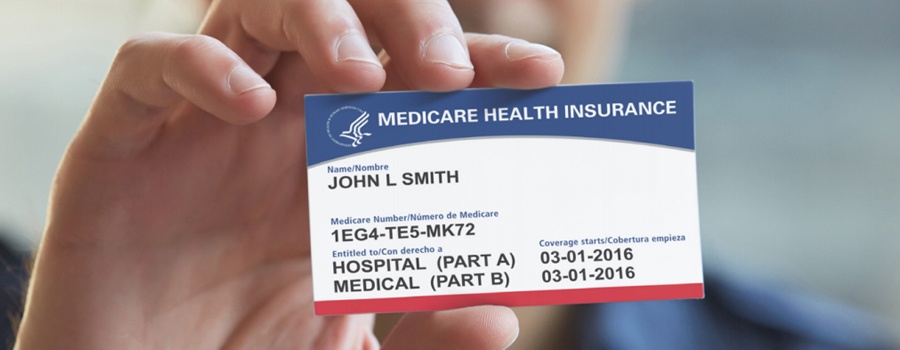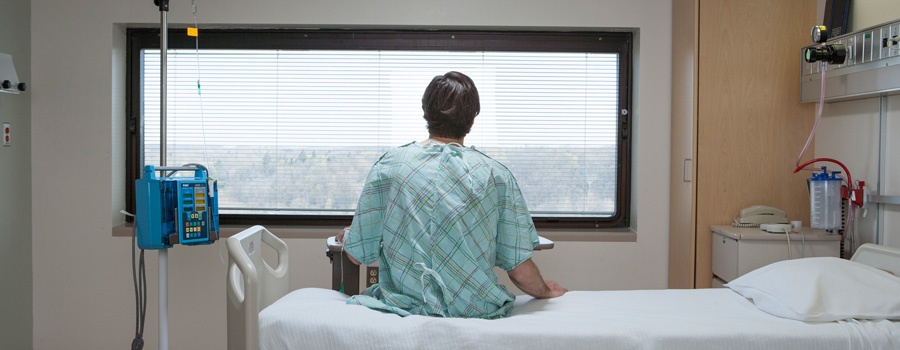Category: Medicare
-

Medical Association Opposes Scope of Practice Expansion Executive Order
President Trump issued an executive order on October 3, 2019 as an alternative to “Medicare for All”. Initially, the order was titled “Protecting Medicare From Socialist Destruction” but was changed to “Protecting and Improving Medicare for Our Nation’s Seniors.” The executive order does include some items that the Medical Association of the State of Alabama…
-

CMS Is Expanding Its Enforcement Ability
Pursuant to a new rule, entitled Program Integrity Enhancements to the Provider Enrollment Process, the Centers for Medicare & Medicaid Services (“CMS”) is expanding its ability to combat fraud and abuse within the healthcare industry. Under the new rule, CMS will be able to identify individuals and entities that pose a fraud and abuse risk…
-

Sign-on Letter: Improving Seniors’ Timely Access to Care Act
September 9, 2019 Dear Members of Congress: The undersigned patient, physician, health care professional, and other health care stakeholder organizations strongly support the Improving Seniors’ Timely Access to Care Act of 2019 (H.R. 3107) recently introduced by Reps. Suzan DelBene (D-WA), Mike Kelly (R-PA), Roger Marshall, MD (R-KS), and Ami Bera, MD (D-CA). This bipartisan…
-

Navigate the New Medicare ID Transition in Nine Steps
Due to a legislative mandate in MACRA passed in 2015, Medicare will no longer use Social Security numbers to identify individuals. Instead, a new randomly generated Medicare Beneficiary Identifier (MBI) will be assigned to all 58 million Medicare recipients. New Medicare ID cards containing the MBI are currently being sent to recipients. The MBI replaces…
-

Navigate the New Medicare ID Transition in 9 Steps
Due to a legislative mandate in MACRA passed in 2015, Medicare will no longer use social security numbers to identify individuals. Instead, a new randomly generated Medicare Beneficiary Identifier (MBI) will be assigned to all 58 million Medicare recipients. New Medicare ID cards containing the MBI are currently being sent to recipients. “It is a…
-

A Refresher in the Medicare Claims Appeals Process…
With the increased audit activity we are seeing among the alphabet soup of Medicare contractors – RACs, ZPICs, SMRCs, CERTs, etc. – now appears to be a good time for a refresher on the Medicare claims appeals process. Due to this increased audit activity, more and more claims are being denied, both under pre-payment review…
-

Medicare Releases 2017 Physician Fee Schedule Final Rule
The Centers for Medicare and Medicaid Services released its final rule for its 2017 physician fee schedule payment policies, which updates payment policies and payment rates for services provided under the Medicare Physician Fee Schedule (PFS) starting Jan 1, 2017. The 1,400-page 2017 final rule discusses changes to a number of new policies that reflect…
-

Death vs. Another Hospital Stay: Study Suggests Medicare Should Weigh Them Equally
ANN ARBOR — In the last few years, American hospitals have focused like hawks on how to keep patients from coming back within a few weeks of getting out. Driven by new Medicare penalties for such events, the effort has slowed a ‘revolving door’ of readmissions for heart attack, heart failure and pneumonia patients that…
